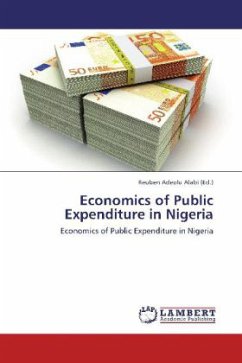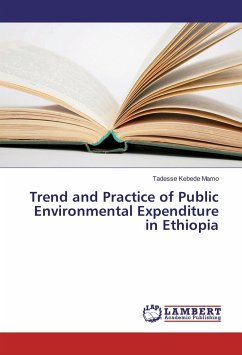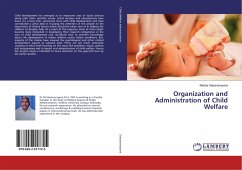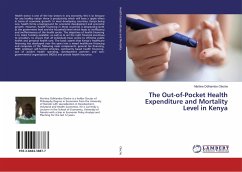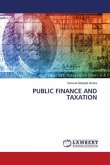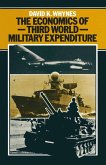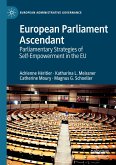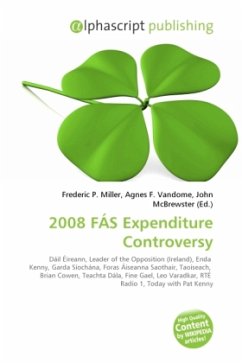In about forty years of oil production, Nigeria has earned over $400 billion from oil. With its large reserves of human and natural resources, Nigeria has the potential to build a prosperous economy, reduce poverty significantly, and provide the health, education, and infrastructure services its population needs. However, available evidence indicates that these resources have not been equitably used for the welfare of the populace. Hence, associated with Nigeria development is huge inequalities. These inequalities have widened, as in many African countries with the economic crisis of the 80s. The richest are more enriched, while the proportion of people living below the poverty line has increased with the disappearance of the middle class who could mediate between the two extremes. Moreover, the industrial base is not sufficiently developed to enable the country to have significant tax revenues. So a shift in the allocation of public spending for the poor to reduce the welfare gap that separates the rich from the poor becomes imperative. Hence, for effective policies formulation and implementation on redistribution there is a need for book like this on public expenditure in Nigeria.

